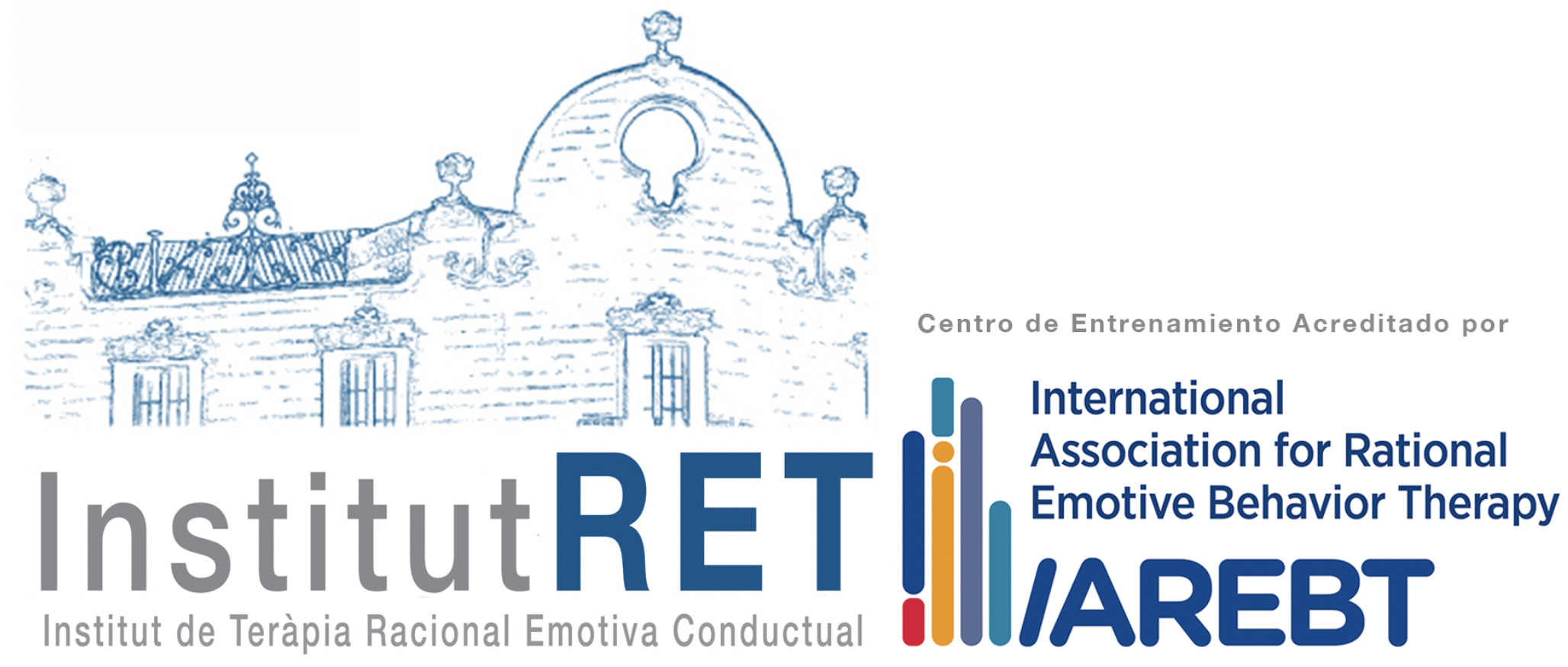Pain Catastrophizing and Its Relationship with Health Outcomes: Does Pain Intensity Matter?
Carlos Suso-Ribera, Azucena García-Palacios, Cristina Botella and Maria Victoria Ribera-Canudas
Descargar el artículo completo: http://downloads.hindawi.com/journals/prm/2017/9762864.pdf
Abstract
Pain catastrophizing is known to contribute to physical and mental functioning, even when controlling for the effect of pain intensity. However, research has yet to explore whether the strength of the relationship between pain catastrophizing and pain-related outcomes varies across pain intensity levels (i.e., moderation). If this was the case, it would have important implications for existing models of pain and current interventions. The present investigation explored whether pain intensity moderates the relationship between pain catastrophizing and pain-related outcomes. Participants were 254 patients (62% women) with heterogeneous chronic pain. Patients completed a measure of pain intensity, pain interference, pain catastrophizing, and physical and mental health. Pain intensity moderated the relationship between pain catastrophizing and pain interference and between pain catastrophizing and physical health status. Specifically, the strength of the correlation between pain catastrophizing and these outcomes decreased considerably as pain intensity increased. In contrast, pain intensity did not moderate the relationship between pain catastrophizing and mental health. Study findings provide a new insight into the role of pain intensity (i.e., moderator) in the relationship between pain catastrophizing and various pain-related outcomes, which might help develop existent models of pain. Clinical implications are discussed in the context of personalized therapy.

Codirector del Institut RET y del Posgrado y Máster en Terapia Racional Emotiva Conductual. Licenciado en Psicología por la Universidad de Barcelona (UB). Psicólogo General Sanitario colegiado nº 11.700 (COPC) con la acreditación de Experto en Psicoterapia por la EFPA (Federación Europea de Asociaciones de Psicólogos) otorgado por el Consejo General de Colegios Oficiales de Psicólogos (COP). Supervisor Internacional en Terapia Racional Emotiva Conductual y miembro asociado al Albert Ellis Institute de New York. También tiene formación de Posgrado en Terapia Sexual y Terapia de Pareja por el Instituto Superior de Estudios Psicológicos (ISEP) y por la Universidad de Barcelona (UB), y entrenamiento en EMDR (Desensibilización y Reprocesamiento por los Movimientos Oculares) por el EMDR Institute de San Francisco.
Presidente de la Asociación Española de Terapia Racional Emotiva Conductual (AETREC) y miembro de la Sociedad Catalana de Sexología Clínica (SCSC), de la Sociedad Catalano-Balear de Psicología (SCBP) de la Academia de Ciencias Médicas y Baleares (ACMB), de la Federación Española de Sociedades Sexológicas (FESS) y de la Asociación de Especialistas en Sexología (AES).

